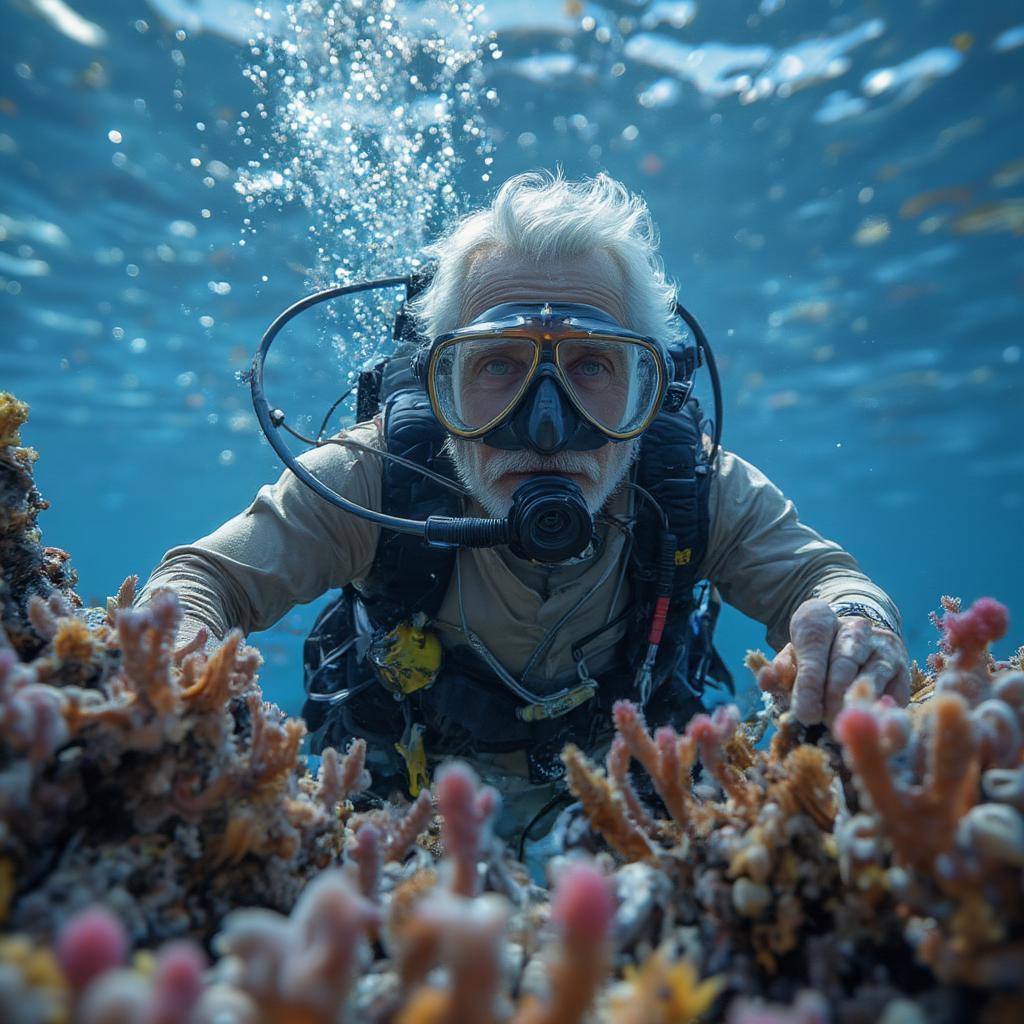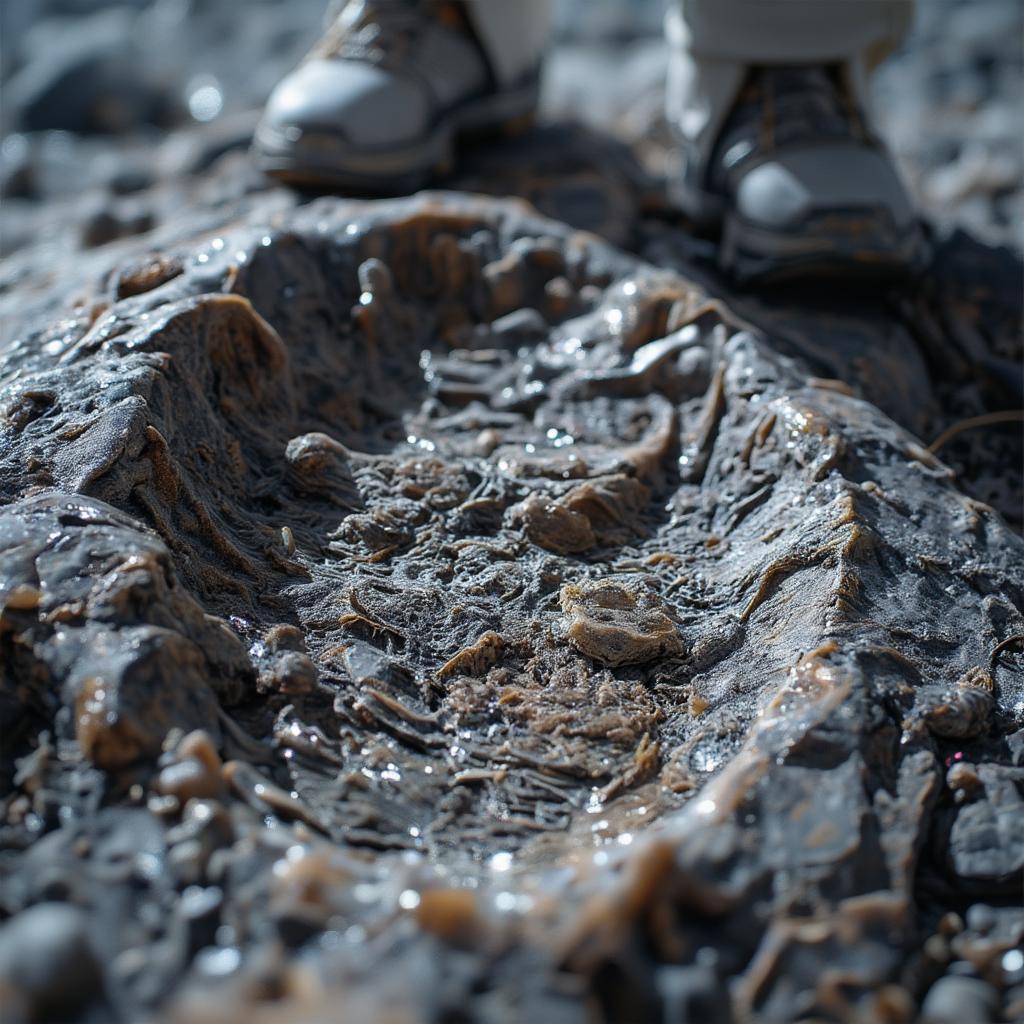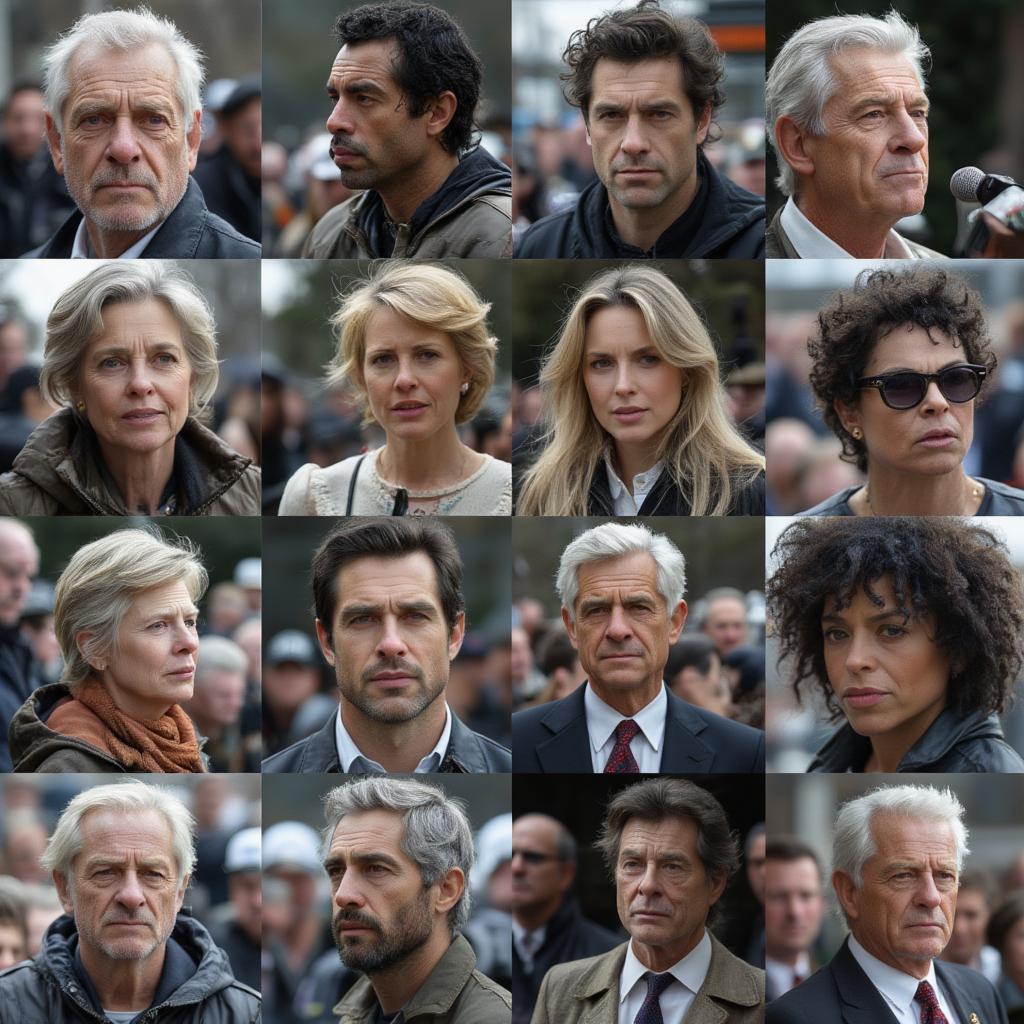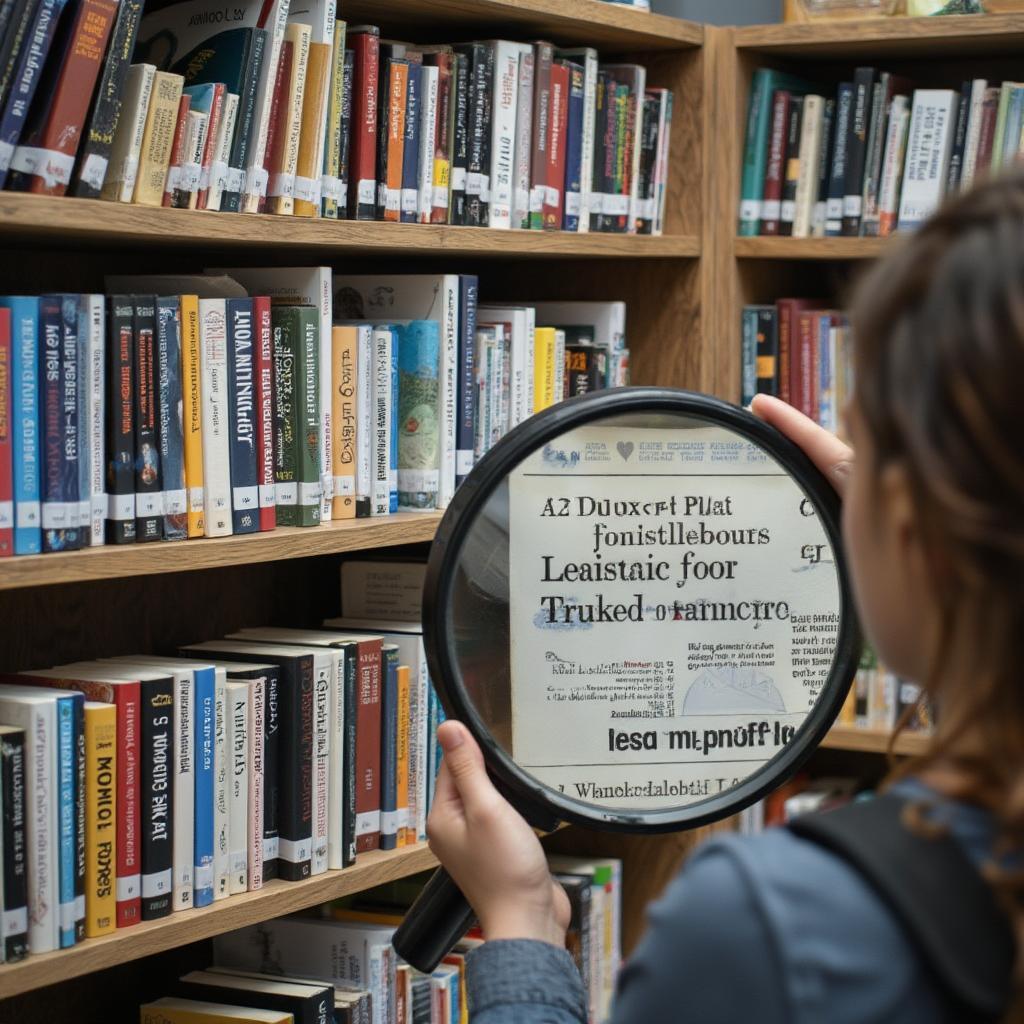Biographies of Famous Explorers: Unveiling the Intrepid Spirits Who Charted Our World

The world as we know it wouldn’t exist without the courageous souls who dared to venture into the unknown. Biographies Of Famous Explorers offer us a glimpse into the lives of these extraordinary individuals, their motivations, their struggles, and their triumphs. From the icy plains of the Arctic to the scorching sands of the Sahara, these intrepid spirits pushed the boundaries of human knowledge and left an indelible mark on history. This journey through the annals of exploration will illuminate the lives of those who dared to chart our world.
Pioneering Spirits: Early Navigators and the Age of Discovery
The desire to explore is deeply ingrained in human nature. Even in ancient times, individuals like Pytheas, a Greek geographer and explorer from the 4th century BC, sailed beyond the known world, venturing north to Britain and possibly even Iceland. His voyages, though shrouded in some mystery, represent an early example of the human thirst for discovery. The Age of Discovery, spanning from the 15th to the 17th centuries, witnessed an explosion of exploration driven by European powers seeking new trade routes and resources. This era brought forth iconic figures like Christopher Columbus, whose voyages, though controversial in their impact on indigenous populations, irrevocably connected the Eastern and Western hemispheres. Portuguese explorer Vasco da Gama’s discovery of a sea route to India around the Cape of Good Hope revolutionized trade and ushered in a new era of global interconnectedness. These early navigators, driven by a combination of ambition, curiosity, and economic incentives, laid the foundation for centuries of exploration to come.
Beyond the Horizon: Explorers of the 18th and 19th Centuries
The spirit of exploration continued unabated in the 18th and 19th centuries, with explorers venturing deeper into uncharted territories. Captain James Cook, a British navigator and cartographer, undertook three voyages to the Pacific Ocean, meticulously charting coastlines and making significant contributions to our understanding of geography and anthropology. His explorations of Australia, New Zealand, and Hawaii expanded the European understanding of the Pacific world. Simultaneously, the vast continents of Africa and South America beckoned explorers. David Livingstone, a Scottish missionary and explorer, dedicated his life to exploring the African interior, mapping the Zambezi River and discovering Victoria Falls. His explorations not only contributed to geographical knowledge but also fueled the abolitionist movement by exposing the horrors of the East African slave trade.
Who Was the Most Famous Female Explorer?
One question often asked is, “Who was the most famous female explorer?” While often overshadowed by their male counterparts, women also played a significant role in exploration. Isabella Bird, a 19th-century English explorer and writer, traveled extensively throughout Asia, North America, and the Middle East, defying societal expectations and documenting her adventures in vivid detail. Her writings challenged Victorian stereotypes about women and provided valuable insights into different cultures.
Modern Explorers: Pushing the Limits in the 20th and 21st Centuries
The 20th and 21st centuries have seen a shift in the focus of exploration, with adventurers turning their attention to the depths of the oceans and the vast expanse of space. Jacques Cousteau, a French naval officer, explorer, and filmmaker, revolutionized underwater exploration with the development of the Aqua-Lung, allowing humans to breathe underwater for extended periods. His documentaries brought the wonders of the ocean to a global audience and sparked a new wave of interest in marine conservation. 
What Drives Modern Exploration?
What drives modern exploration? While the motivations may differ from those of earlier explorers, the underlying human desire to push boundaries remains the same. Scientific curiosity, the quest for knowledge, and the pursuit of technological advancement continue to fuel exploration in the modern era.
The Enduring Legacy of Famous Explorers
The biographies of famous explorers provide more than just historical accounts; they offer valuable lessons in courage, perseverance, and the power of human curiosity. These individuals, driven by a thirst for the unknown, expanded our understanding of the world and inspired generations to come. Their legacies continue to shape our world today, reminding us that the spirit of exploration is an essential part of the human experience. 
famous australian biographies provides further insights into the lives of notable figures.
Conclusion: Embracing the Explorer Within
From the ancient mariners to the modern astronauts, the stories of famous explorers continue to captivate our imaginations. Their journeys remind us that there are always new horizons to discover, both within ourselves and in the world around us. By studying their lives, we can gain a deeper appreciation for the human spirit and the enduring power of exploration. Let us embrace the explorer within and continue to push the boundaries of knowledge and understanding. Biographies of famous explorers serve as a constant reminder of the incredible feats humans can achieve when driven by curiosity and a thirst for discovery.
FAQ: Biographies of Famous Explorers
- What is the significance of studying biographies of famous explorers? Studying these biographies provides insights into human history, geography, and the driving forces behind exploration.
- Who are some of the most influential explorers of all time? Christopher Columbus, Vasco da Gama, Captain James Cook, David Livingstone, Jacques Cousteau, and Neil Armstrong are just a few examples.
- How has exploration changed over time? Early exploration focused on mapping new lands and trade routes, while modern exploration delves into the oceans and space, driven by scientific curiosity.
- What are some of the challenges faced by explorers? Explorers faced numerous challenges, including harsh weather conditions, disease, hostile encounters with indigenous populations, and technological limitations.
- What are some resources for learning more about famous explorers? Libraries, museums, historical societies, and online databases offer a wealth of information on famous explorers.
- How can I learn more about specific explorers? Biographies, documentaries, and academic journals provide detailed accounts of individual explorers and their journeys.
- Why is exploration important for humanity? Exploration expands our knowledge, fosters innovation, and inspires us to push the boundaries of what’s possible.
- Where can I find reliable information about famous explorers online? Reputable historical websites, academic journals, and online encyclopedias offer reliable information.
- Are there any unexplored places left on Earth? While much of the Earth has been mapped, there are still remote and challenging environments, like deep ocean trenches and dense rainforests, that remain largely unexplored.




